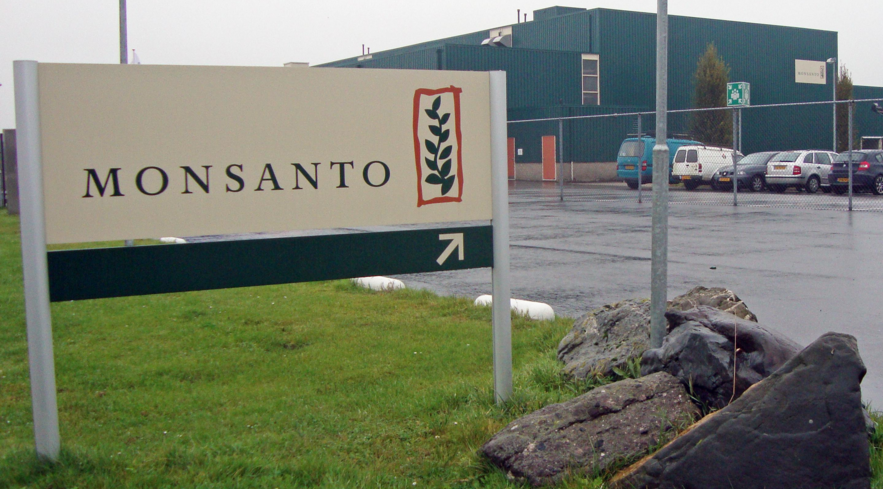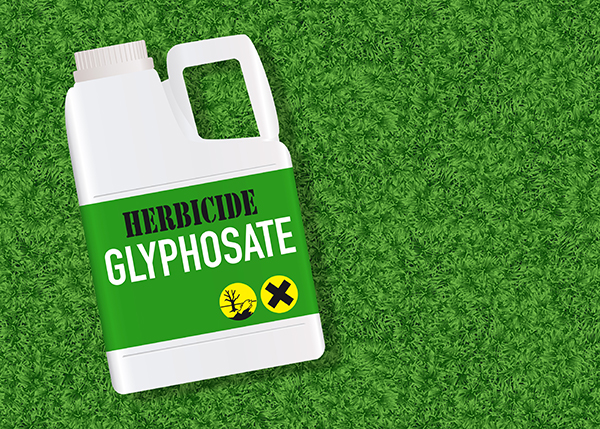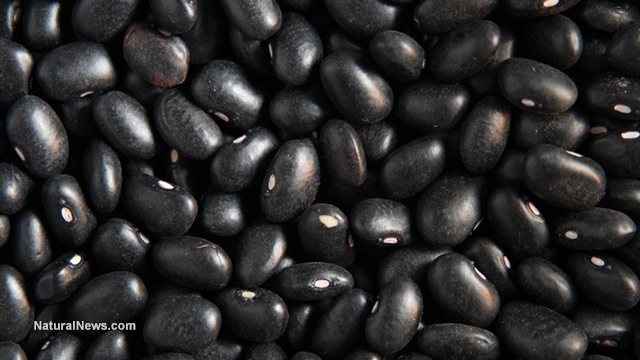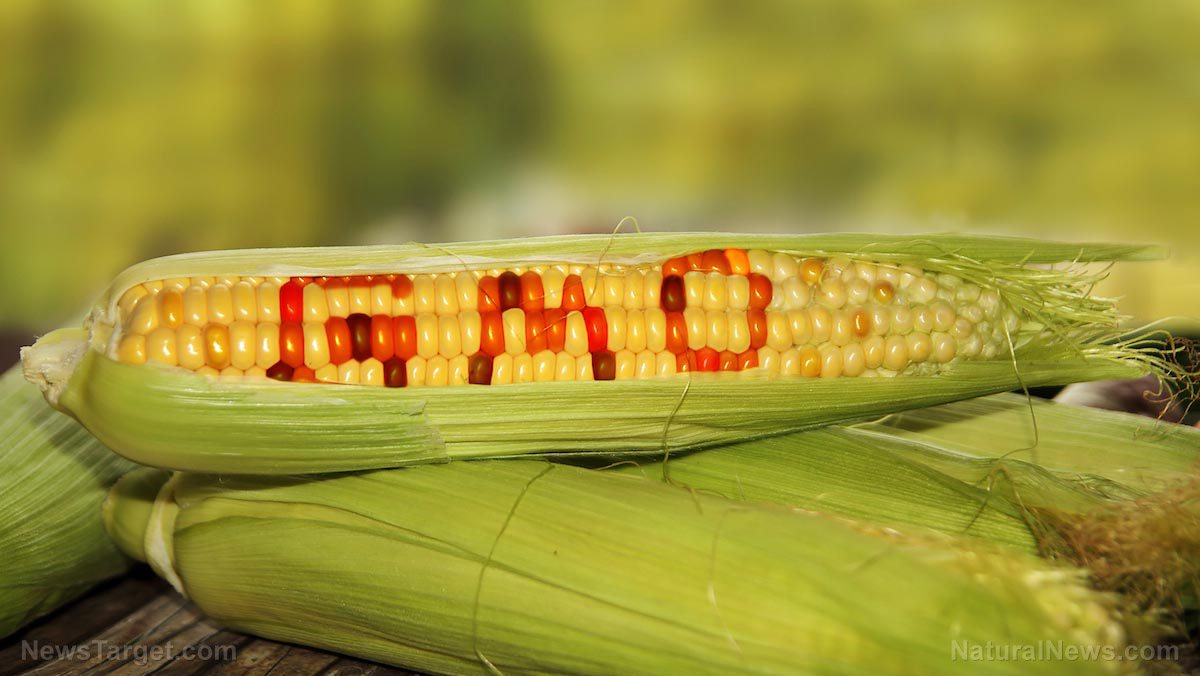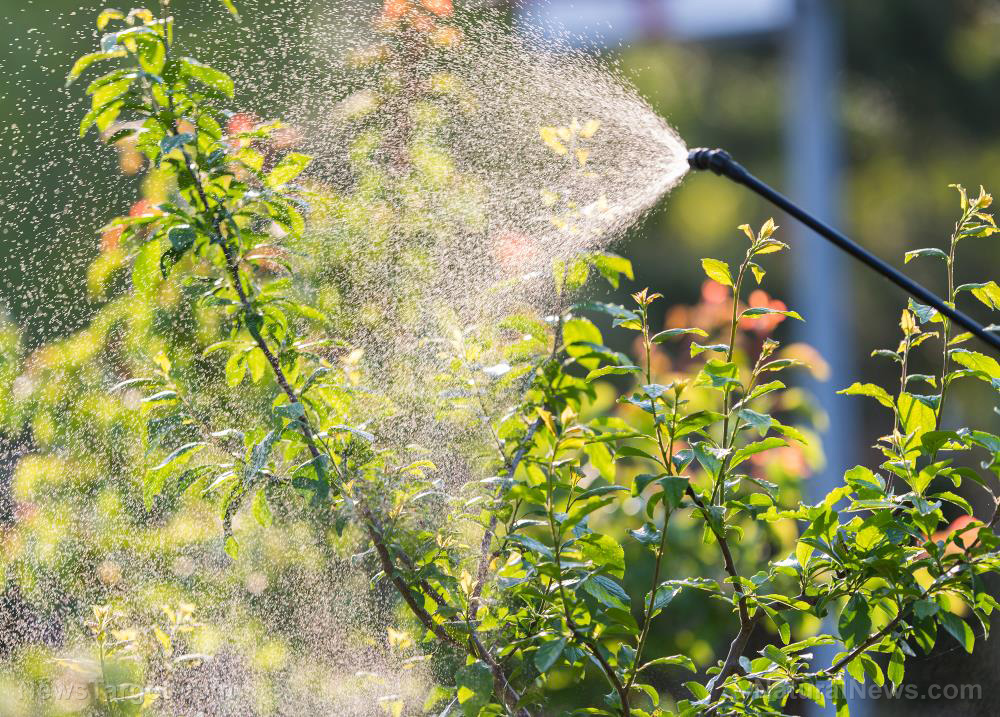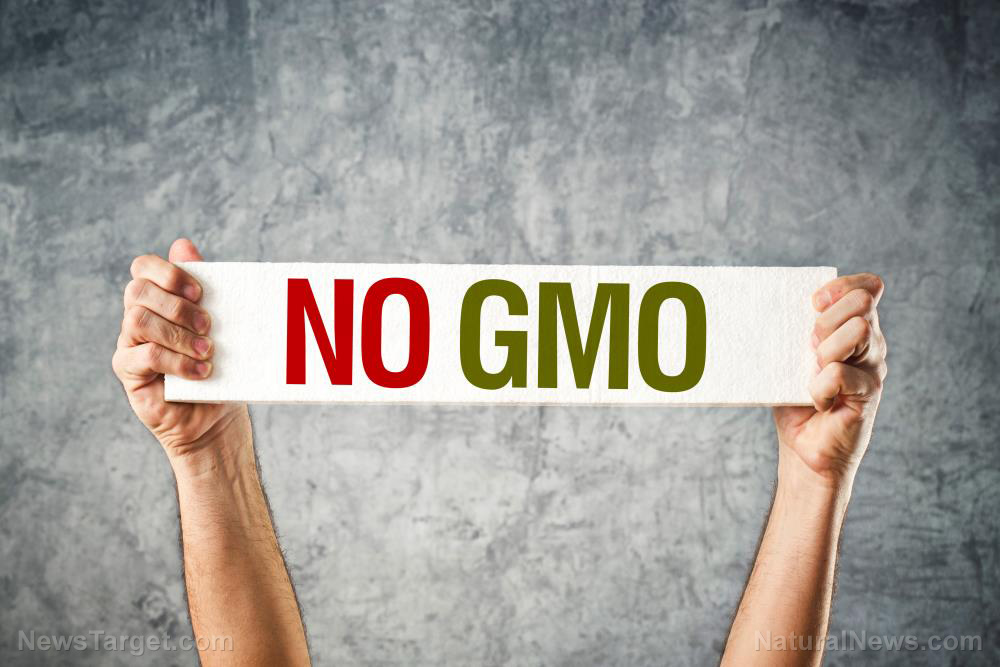Man who developed cancer due to glyphosate (Roundup) exposure awarded $332 million
01/22/2024 / By Ethan Huff
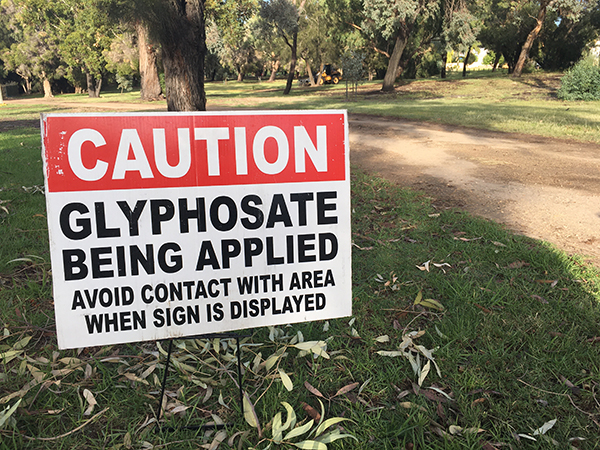
In another celebratory victory against the chemical industry, 57-year-old Mike Dennis of Carlsbad, Calif., has successfully sued Monsanto for causing his cancer with its Roundup (glyphosate) weedkiller product.
Dennis was diagnosed with a rare form of non-Hodgkin’s lymphoma in 2020, after which he filed a lawsuit claiming the disease came from decades of using Roundup weedkiller, a product made by Bayer-owned Monsanto. Dennis says the product’s active ingredient, glyphosate, caused his cancer.
“Glyphosate, the active ingredient for Roundup, is genotoxic,” commented Adam Peavy, an attorney for Dennis. “It causes DNA damage once it’s absorbed through the skin, and that’s what ultimately causes non-Hodgkin’s lymphoma.”
While Dennis’ cancer has been in remission for nearly three years, the fact of the matter is that there is no official, as far as the government is concerned, cure for his rare form of cancer.
“His doctors have told him it’s going to come back and we’re just waiting to see if that happens,” Peavy said.
A San Diego Superior Court jury ultimately concluded in the case that Monsanto failed to warn consumers about the risks of using or being around Roundup. They awarded Dennis $7 million in compensatory damages and $325 million in punitive damages.
The jury did, however, side with Bayer in the claim that Roundup’s product design was not inherently defective and the company was not negligent.
(Related: Did you catch this other recent victory against Monsanto that resulted in a massive $1.5 billion Roundup verdict?)
Johnson & Johnson to settle tens of thousands of cancer-causing talc lawsuits for $9 billion
In a statement to KNSD-TV, Bayer said it believes “we have strong arguments on appeal to get this unfounded verdict overturned and the unconstitutionally excessive damage award eliminated or reduced.”
“There were significant and reversible legal and evidentiary errors made during this trial,” the company further whined.
In 2018, Bayer made the hilarious decision to purchase Monsanto for $63 billion. Ever since that time, Bayer has faced thousands upon thousands of legal claims related to the toxicity of Roundup and damage caused by its use and exposure.
In 2020, Bayer announced that it would pay up to $10.9 billion to settle around 125,000 claims, both filed and unfiled.
In related news, fellow drug and chemical giant Johnson & Johnson (J&J) agreed to enter a $9 billion settlement over its cancer-causing baby powder. Keep in mind that a settlement is not an admission of guilt or liability, but it does help bring restitution to those injured by a defendant’s products or actions.
Like Bayer, J&J faces tens of thousands of lawsuits filed by people and their survivors related to the company’s talc-based baby powder.
In a statement, the company indicated that the nearly $9 billion in payments it will make to alleged victims will be paid over the next 25 years “to resolve all the current and future talc claims.”
J&J originally offered only $2 billion, claiming it had “secured commitments from over 60,000 current claimants. Just like Bayer, J&J is not admitting to any wrongdoing, but recognizes that fighting all the cases “would take decades and impose significant costs” with “most claimants never receiving any compensation,” according to J&J’s worldwide vice president of litigation, Erik Haas.
Various law firms representing these tens of thousands of plaintiffs say a majority of their victim clients are supportive of J&J’s proposed settlement deal.
“This settlement will provide expeditious, substantial and fair compensation to claimants who cannot afford to wait any longer for a resolution,” said representatives for the victims in a collective statement.
Did you or someone you know get injured by Roundup or another glyphosate-containing product? You may want to contact a lawyer. Find out more at Glyphosate.news.
Sources for this article include:
Submit a correction >>
Tagged Under:
cancer, Chemistry, dangerous, DNA, genotoxic, glyphocide, glyphosate, lawsuit, Mike Dennis, Monsanto, non-Hodgkin’s lymphoma, progress, Roundup, toxins
This article may contain statements that reflect the opinion of the author
RECENT NEWS & ARTICLES
COPYRIGHT © 2017 GLYPHOSATE NEWS

